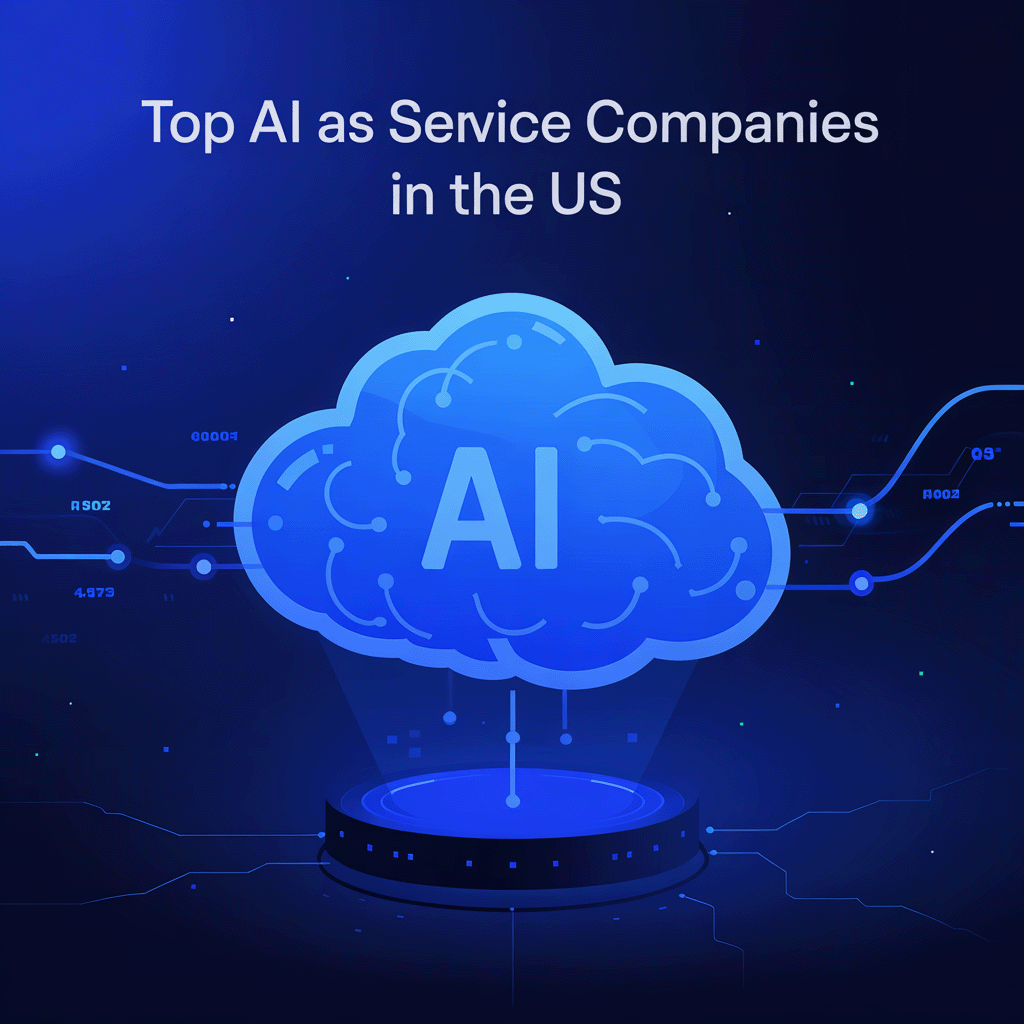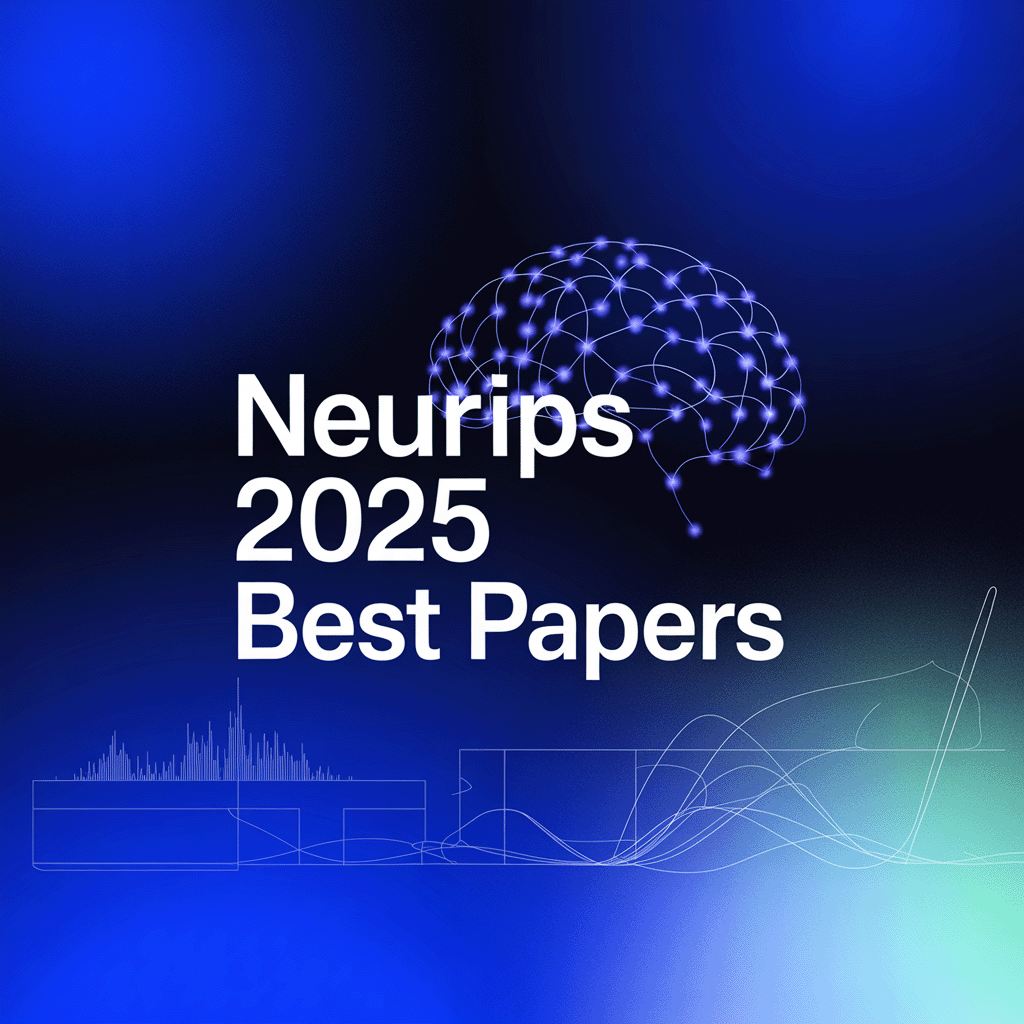AI in fintech has changed the face of the financial industry in several ways during this time of rapidly developing technology. The utilization of this technological advancement is far from being just an innovative drift; it signifies a drastic change in how money shall be handled henceforth.
Suppose personal loans could be provided based on the creditworthiness of clients using highly detailed information from applicants’ databases registered with the bank, with better accuracy than ever before. Or imagine a place where anyone can get custom investment solutions tailored specifically for them based on complex mathematical formulae.
Let’s consider the profound effects of artificial intelligence (AI) in fintech governing borrowing and investment strategies apart from just credit risk assessment.
Overview of AI in Fintech
AI in fintech is reshaping the financial tech industry by making it more effective and precise in different areas. Advanced fintech applications facilitate better analysis of the borrower’s reliability when it comes to financing; consequently, loan processing becomes easier and faster, thus reducing risks associated with its approval process. Wealth management also uses advanced data analytics that aids in creating custom investment plans and helps in effectively administrating client portfolios.

Additionally, in fraud detection within the banking sector, machine learning models efficiently identify abnormal transactional patterns, preventing monetary losses and enhancing security on financial accounts.
According to a Research Nester report, the AI Platform Lending market, valued at $87.71 billion in 2023, is projected to exceed $1.64 trillion by 2036, with a CAGR of over 25.3% from 2024 to 2036. The market size is estimated at $107.68 billion for 2024. This growth is driven by the surge in global digital transformation spending, which reached approximately $2 trillion in 2022 and is expected to approach $3 trillion by 2025. Increased smartphone and computer use, driven by rising disposable incomes and internet penetration, further contributes to this expansion.
Key Technologies
-
Machine Learning (ML): ML algorithms adapt to new data, crucial for detecting fraud, predicting market trends, and personalizing financial products by analyzing transaction and customer data.
-
Natural Language Processing (NLP): NLP enables machines to understand and generate human language, powering chatbots, sentiment analysis, and automated document processing for improved user interactions.
-
Predictive Analytics: Utilizing historical data to forecast future outcomes, predictive analytics helps in market forecasting, credit assessment, and tailoring financial services to individual needs.
Current Trends
The rapidly growing use of AI in fintech is attributable to the change in data-centric choices. AI systems in fintech are currently being used more than ever by financial institutions’ executives as they aim to boost user satisfaction levels to operate more efficiently and stay ahead of their competitors.
Some noticeable patterns in the adoption of AI technology in fintech include growth in Robo-advisors towards automatic investment management systems, advancing fraud detection techniques, and introducing customer-tailored financial planning tools.
At the forefront of this transition are leading AI Fintech companies that highlight various ways in which this technology can be applied within the sphere of finance. In this respect, the more AI advances, the more its capabilities will widen in facilitating new advancements toward innovation and operational efficiency across varying levels of finance.

AI in Lending
AI in lending is like having an intelligent financial advisor with you at all times. It processes information faster than one can say “interest rates.” Quick borrowing decisions will make getting a hassle-free loan faster than ever before.
1. Understanding Automated Underwriting
Automated underwriting has the potential to spur rivalry among traditional banking institutions and online lenders. As it is also of service in conventional loans and installment payments, it contributes to better credit products for customers applying for credit cards, personal loans, auto loans, and mortgages. This may result in a shorter turnaround time for consumer finance products or significantly reduce approval chances due to different evaluation criteria.
Benefits of Automated Underwriting
-
Accuracy Enhanced: It reduces human mistakes by carefully inspecting documents, enabling correct data processing and fewer flaws.
-
Efficiency Increased: Fraud detection and compliance checks can be automated so that underwriting teams can concentrate on strategic projects, enhancing productivity while saving on costs.
-
Processing Faster: The ability to get same-day loan approval is achieved by making faster decisions.
Challenges of Automated Underwriting
-
Data Security Risks: Possibility of increased exposure to data breaches and cybercrime.
-
Algorithm Bias: Likelihood of unfair treatment because of partiality in previous data.
-
System Integration Issues: Inconveniences with integrating the systems already in place and probable technical hitches.
AI Fintech Use cases
-
Speeding Up Mortgage Approvals: Automated underwriting accelerates the mortgage approval process, providing faster loan decisions.
-
Quick Credit Card Issuance: Automated systems streamline credit card applications, improving approval accuracy and speed.
-
Efficient Auto Loan Processing: Automation speeds up auto loan approvals, with AI credit scoring helping to assess creditworthiness more accurately and quickly. This enhances customer satisfaction by providing faster decisions and ensuring more reliable loan evaluations.
2. Risk Assessment and Credit Scoring
AI-driven Credit assessment is changing the banking industry. Today, banks with AI can determine credit risks with incredible accuracy and can do so in no time. They can also go deeper than ever before into those issues related to such risks.
Benefits of AI-Powered Credit Scoring
-
Broader Inclusion: Expands credit access by including individuals with limited credit histories.
-
Better Risk Management: Enhances risk assessment and optimizes loan portfolios.
-
Fairer Lending: Reduces biases by using diverse data sources for more equitable credit evaluations.
Challenges of AI-Based Credit Scoring
-
Extensive data usage causes privacy as well as security issues.
-
Fintech AI models may still reproduce biases that were entrenched in historical datasets.
-
Elaborate artificial intelligence models end up as “black boxes”; hence, their decisions are notoriously difficult to explicate.
AI Fintech Use cases
-
Broadening Credit Access: AI in fintech evaluates more data, granting credit to those with limited histories.
-
Optimizing Risk Management: AI in fintech enhances risk assessment, improving loan portfolio stability.
-
Ensuring Fair Lending: AI in fintech reduces biases by using diverse data for fairer credit evaluations.
HSBC’s Advanced Mortgage Risk Assessment
The mortgage industry is being disrupted by HSBC’s pioneering use of artificial intelligence, and gone are the days when credit scores were the only thing lenders could rely on. Their fintech AI models delve into various client details, ranging from how they spend their money to whom they connect with on social media.
The bank’s ability to predict whether a person will be able to repay their loan is almost frighteningly accurate thanks to this comprehensive approach, providing more bespoke and sensible financing options. In turn, personalized evaluation will help customers acquire better loan terms. HSBC’s cutting-edge application of fintech AI in home buying marks a new standard in this economic sector.

AI in Wealth Management
1. Robo-Advisors
Robo-advisors are digital platforms with automated, algorithmic investment services requiring minimal human oversight. They automate and optimize passive indexing strategies through modern portfolio theory. Retail investors can use robo-advisors that are inexpensive and require little capital.
Benefits of Robo-Advisors
-
Cost Effectiveness: Compared to the 1% fee of human financial advisors, most robo-advisors charge less than 0.4% annually.
-
Ease of Access: Sometimes, they need little fintech AI startup money, such as zero required balances for certain sites.
-
Ease of Use: Through the web interface, you have access to your investments anytime while intuitively placing orders.
Challenges of Robo-Advisors
-
Lacks Human Interaction: Limited personal and empathetic advice.
-
Limited Investment Opportunities: Restricted range of investment options.
-
Investor Responsibility: Requires clear definition of financial situation and investment goals.
AI Fintech Use cases
-
Low-Cost Management: Robo-advisors offer affordable investment services with minimal fees.
-
Easy Access: Platforms often have no minimum balance, making them accessible to all.
-
Convenient Control: User-friendly interfaces allow for easy, anytime investment management.
2. Portfolio Management
Portfolio management is the selection and administration of assets like stocks, commodities, and cash, which should satisfy long-term targets and be in harmony with one’s financial situation. Where active management may outperform market performance, passive management only follows up with market returns. It’s necessary to have specific objectives, tax considerations, and evaluation timetables, which are vital components for effective management.
Benefits of Portfolio Management
-
Goal Alignment: Aligns assets with financial objectives and risk tolerance.
-
Performance Optimization: Aims to outperform the market or match market returns.
-
Risk Management: Diversifies investments to manage and balance risk.
Challenges of Portfolio Management
-
Market Volatility: Managing assets amid market fluctuations can be difficult and affect performance.
-
Complexity: Requires in-depth knowledge of investments and ongoing adjustments to strategies.
-
Costs: Active management can incur higher fees compared to passive strategies.
AI Fintech Use cases
-
Retirement Planning: Planning for retirement entails creating an investment strategy that combines both security and aggressive return on investment so as not only to ensure future financial stability but also to enable us to realize all our aging-related needs and wants.
-
Wealth Building: Creating indestructible wealth requires systematic investment diversification, which considers desired results, such as owning real estate or paying tuition fees.
-
Risk Mitigation: Lessening vulnerability is about coming up with a varied range of investments; these will not only cut down on any possible losses but also protect from economic upsets.
How Cora LiveWealth Transformed Data Management?
Challenge
Data Management Issues
Costly manual entry errors and slow reporting resulted from the client managing 55,000 accounts across 300 institutions with incompatible data formats. This further created delays and dissatisfaction because several entities were working in fragmented systems.
Solution
Unified Platform Implementation
A single platform, Cora LiveWealth, was implemented in 90 days, automating data extraction, normalization, and analysis. This improved on-demand reporting and enterprise dashboards, enhancing operational efficiency by 75%.
AI Beyond Lending and Wealth Management
AI in fintech automates lending and wealth management processes, transforming the field. Additionally, it improves risk assessment and customization of financial strategies. AI in fintech helps in precise credit evaluation and faster loan approval. It also offers tailored investment advice through machine learning. This empowers institutions and clients to develop smarter decisions driven by data, leading to higher financial efficiency and creativity.
1. Fraud Detection and Prevention
In fraud detection, fintech AI uses complex formulas to study huge amounts of data to recognize suspicious patterns and inconsistencies that occur at that moment. Such fintech AI systems can keep up with changing fraud techniques by continuously studying fresh datasets, thus lowering the possibility of money loss and enhancing safety precautions.
Key Benefits
-
Enhanced Accuracy: AI in fintech can detect subtle fraud patterns that traditional methods might miss.
-
Real-Time Detection: Immediate identification of suspicious activities reduces financial losses.
-
Scalability: AI in fintech scales effortlessly to handle large volumes of transactions.
Challenges of AI in Fraud Detection
-
Algorithms Complexity: Fintech AI has complicated algorithms that are hard to comprehend and control.
-
Concerns on Data Privacy: There are significant privacy and security implications in processing massive amounts of private information.
-
Adjustment to Fraud Techniques that Evolve: Fintech AI has constantly improved itself to avoid complex and rapidly changing fraud techniques.
AI Fintech Use cases
-
Transaction Monitoring: Fintech AI detects unusual patterns or anomalies in the transaction.
-
Behavioral Biometrics: Fraudulent activities are recognized by monitoring the user’s usual way of doing things.
-
Pattern Recognition: Fintech AI identifies complex fraud patterns across multiple data sources.
2. Customer Service and Chatbots
Fintech AI-powered chatbots are extremely useful as they help make customers feel valued through timely responses and a personal touch. Additionally, the bots provide good services to clients by solving problems quickly.
Key Benefits
-
24/7 Availability: Fintech AI Chatbots offer round-the-clock customer support.
-
Cost-Effective: Reduces the need for human agents in routine queries.
-
Personalization: AI in fintech learns from interactions to provide tailored responses.
Challenges of AI in Customer Service and Chatbots
-
Limited Understanding: Fintech AI Chatbots may fail at dealing with intricate or subtle customer inquiries.
-
Lack of Human Touch: Fintech AI lacks the empathy and personal touch that human agents can give.
-
Dependence on Training Data: A significant determinant of how well chatbots work is how good or wide-ranging their training data is.
AI Fintech Use cases
-
FAQ Automation: Handling common customer queries instantly.
-
Complaint Resolution: Escalating complex issues to human agents when necessary.
-
Sales Support: Guiding customers through product selection and purchases.
3. RegTech and Compliance
Fintech AI-driven credit scoring presents challenges like data privacy concerns, algorithmic bias, and lack of transparency. Ensuring regulatory compliance is difficult with evolving laws. RegTech solutions can help monitor fintech AI systems, ensuring they adhere to regulations, maintain data integrity, mitigate risks, and foster fair and secure credit assessments.
Key Benefits
-
Automation means that compliance checks and reporting tasks can be done automatically.
-
Risk Management detects potential regulatory risks as they come up.
-
Audit Trail keeps detailed notes of regulatory needs.
Challenges of AI in RegTech and Compliance
-
Data Privacy Issues: Ensuring FinTech AI systems handle sensitive data while complying with privacy regulations.
-
Algorithmic Bias: Addressing potential biases in Fintech AI algorithms that may affect compliance and fairness.
-
Transparency and Explainability: Maintaining transparency in Fintech AI decision-making processes to meet regulatory standards.
AI Fintech Use cases
-
KYC (Know Your Customer): It verifies a client’s identity and assesses them against watchlists.
-
AML (Anti-Money Laundering): This process involves detecting doubtful transactions and organizations.
-
Reporting Automation: It ensures the production of compliance reports quickly.
LITSLINK’s Expertise in Tailor-Made Solutions
Turn on the light of the future of fintech, a world in which artificial intelligence (AI) and machine learning (ML) are causing sweeping changes at breakneck speed and with unparalleled innovation.
Fintech AI applications are crucial since they can bolster security and optimize financial investment strategies. Any fintech firm eyeing cutting-edge status needs to specialize in crafting personalized artificial intelligence solutions, as this will keep them ahead in fierce competition and foster creativity.
LITSLINK specializes in creating tailor-made fintech AI applications designed to meet the specific needs of AI Fintech companies. Here’s what they offer:
-
Customized AI Solutions: LITSLINK offers personalized AI solutions from artificial intelligence developers that are key to the set objectives of your business entity.
-
Machine Learning Integration: The LITSLINK team is fantastic at incorporating machine learning algorithms into your current systems since we are involved in developing new models that predict and allow you to recommend while giving you the tools for any real-time analytics to assist in making better decisions and achieving better operational results.
-
Robust Security Measures: LITSLINK designs solutions that prioritize data protection and focus on security, leveraging AI and security technologies to detect potential threats in real-time and safeguard sensitive information.
-
User-Centric Design: User experience is a priority for LITSLINK.
-
End-to-End Support: LITSLINK offers a full range of services, from initial consultation to deployment and ongoing support.
Ready to Harness AI for Your Fintech Business?
LitsLink is available to assist in developing modern AI applications specific to your financial requirements. Whether you’re enhancing an existing fintech stack or building one from scratch, let us collaborate on how we can adopt AI to manage your finances and move your company forward.
Contact us today to get started!





